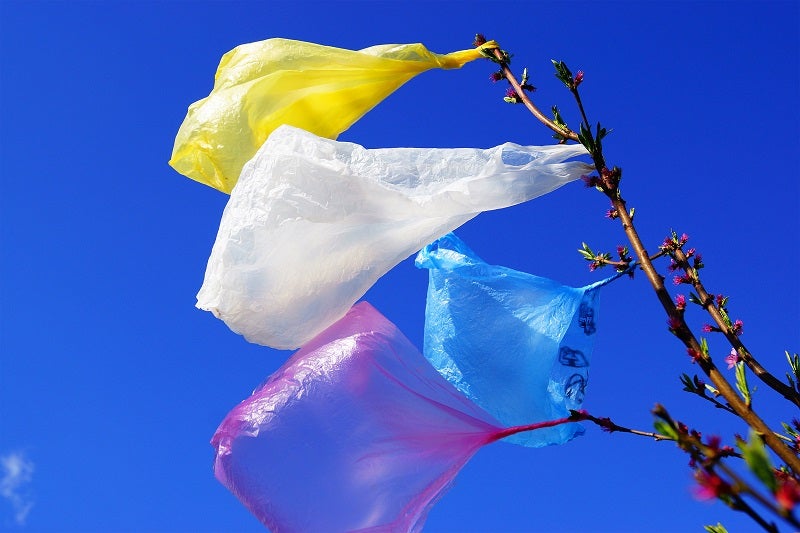
Biodegradable plastic bags have been found to be in useable condition after surviving three years in the sea, soil and open-air, according to a study by researchers at the University of Plymouth’s International Marine Litter Research Unit.
Published in Environmental Science & Technology, the study tested a range of biodegradable, compostable and conventional plastic bags, which were exposed to natural environments. The results showed that the compostable bag survived 27 months in soil but composted completely in the sea.

Discover B2B Marketing That Performs
Combine business intelligence and editorial excellence to reach engaged professionals across 36 leading media platforms.
A number of the tested plastic bags were marketed using sustainability statements, such as ‘plant-based alternatives to plastic’ and ‘recycled back into nature much more quickly than ordinary plastic.’
Lead author of the study Dr Imogen Napper said: “After three years, I was really amazed that any of the bags could still hold a load of shopping.
“For biodegradable bags to be able to do that was the most surprising. When you see something labelled in that way, I think you automatically assume it will degrade more quickly than conventional bags. But, after three years at least, our research shows that might not be the case.”
International Marine Litter Research Unit head Professor Richard Thompson said: “This research raises a number of questions about what the public might expect when they see something labelled as biodegradable.

US Tariffs are shifting - will you react or anticipate?
Don’t let policy changes catch you off guard. Stay proactive with real-time data and expert analysis.
By GlobalData“We demonstrate here that the materials tested did not present any consistent, reliable and relevant advantage in the context of marine litter. It concerns me that these novel materials also present challenges in recycling.
“Our study emphasises the need for standards relating to degradable materials, clearly outlining the appropriate disposal pathway and rates of degradation that can be expected.”





